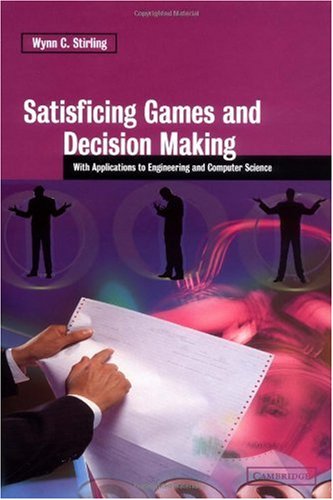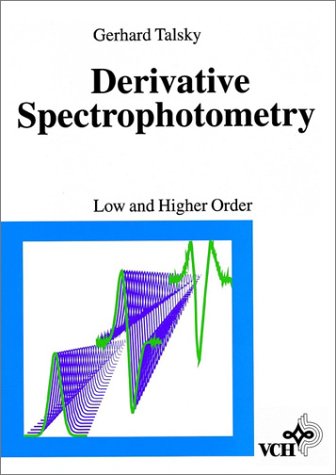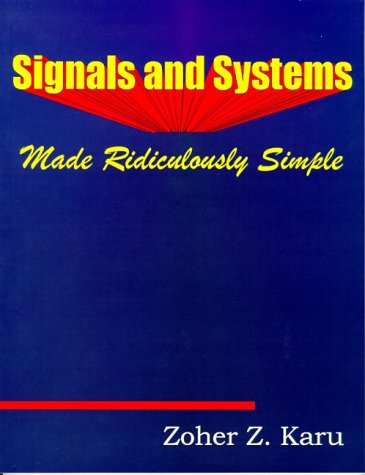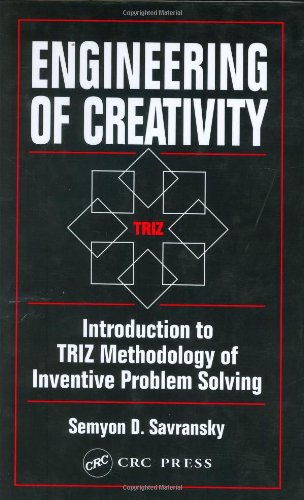Wynn C. Stirling0521817242, 9780521817240, 9780511061165
Table of contents :
Half-title……Page 3
Title……Page 5
Copyright……Page 6
Dedication……Page 7
Contents……Page 9
Figures……Page 12
Tables……Page 13
Preface……Page 15
1 Rationality……Page 21
1.1 Games machines play……Page 23
1.2 Conventional notions……Page 24
1.2.1 Substantive rationality……Page 25
1.2.2 Procedural rationality……Page 27
1.2.3 Bounded rationality……Page 29
1.3 Middle ground……Page 30
1.3.1 Adequacy……Page 31
1.3.2 Sociality……Page 37
2.1 Localization concepts……Page 49
2.2 Group rationality……Page 51
2.3 Conditioning……Page 53
2.4 Emergence……Page 57
2.5 Less is more……Page 59
3.1 Dichotomies……Page 65
3.1.1 Cost–benefit analysis……Page 66
3.1.2 Epistemic utility theory……Page 67
3.2 Abduction……Page 68
3.3 Epistemic games……Page 72
3.3.1 The information-conservation game……Page 73
3.3.3 Levi’s epistemic game……Page 75
3.4 Praxeic utility……Page 80
3.5 Tie-breaking……Page 88
3.6 Praxeology versus Bayesianism……Page 90
4.1 Equilibria……Page 93
4.2 Adequacy……Page 100
4.3 Consistency……Page 102
5 Uncertainty……Page 109
5.1 Bayesian uncertainty……Page 110
5.2 Imprecision……Page 112
5.3.1 Attitude……Page 117
Tension……Page 126
5.4 Quasi-invariance……Page 129
6 Community……Page 137
6.1 Joint and individual options……Page 139
6.2 Interdependency……Page 140
6.2.1 Mixtures……Page 141
6.2.2 Conditioning……Page 143
6.2.3 Spatial emergence……Page 148
6.3 Satisficing games……Page 150
6.4 Group preference……Page 153
6.5 Optimizing versus satisficing……Page 159
7.1 Classical negotiation……Page 163
7.2.1 The negotiation theorem……Page 172
7.2.2 The Resource Sharing game……Page 176
7.2.3 Intrinsic decisions……Page 180
7.3.1 Arrowian social welfare……Page 181
7.3.2 Satisficing social welfare……Page 182
8 Complexity……Page 189
8.1.1 Bluffing……Page 191
8.1.2 Battle of the Sexes……Page 197
8.1.3 Prisoner’s Dilemma……Page 204
8.1.4 The Ultimatum game……Page 209
8.1.5 The game-theoretic role of social relationships……Page 214
8.2 Mitigating complexity……Page 215
Hierarchical……Page 216
Markovian……Page 217
8.3 An N-player example……Page 218
8.3.1 The optimal solution……Page 219
8.3.2 The satisficing solution……Page 221
9 Meliority……Page 225
9.1 Amelioration versus optimization……Page 226
9.2 Meta-decisions……Page 229
9.3 Some open questions……Page 231
9.4 The enterprise of synthesis……Page 233
Appendix A: Bounded rationality……Page 235
Appendix B: Game theory basics……Page 239
Appendix C: Probability theory basics……Page 243
Appendix D: A logical basis for praxeic reasoning……Page 249
D.1 Desiderata for coherent evaluation……Page 250
D.2 Quantitative rules of behavior……Page 251
D.3 Constructing probability (selectability, rejectability)……Page 253
Bibliography……Page 255
Name index……Page 265
Subject index……Page 267







Reviews
There are no reviews yet.